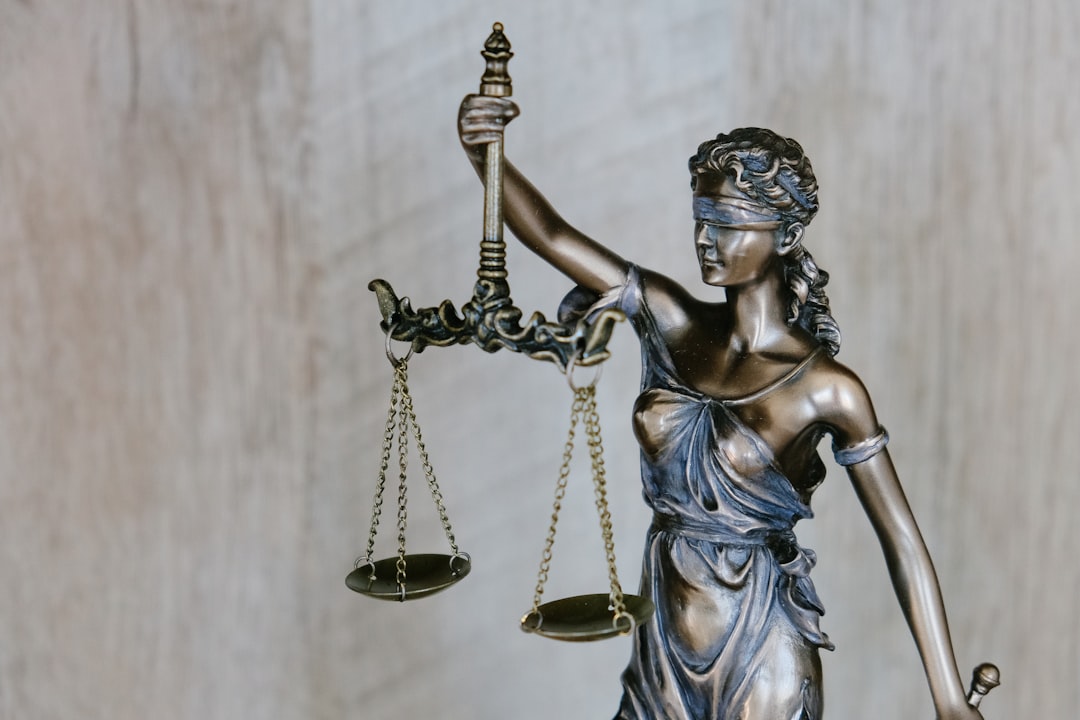Elder care negligence, including physical abuse, financial exploitation, and sexual assault, is a significant issue in Providence, Rhode Island. Local residents should consult specialized elderly sexual assault lawyers RI for guidance and advocacy. Legal action is crucial for justice and accountability. The state's legal framework offers protection with specific laws addressing elder abuse, enabling compensation for victims. Through inspections, staff training, and community support, Providence aims to prevent such incidents, ensuring safer environments and comprehensive care for vulnerable elders.
Providence, Rhode Island, takes a comprehensive approach to addressing negligence in elder care facilities. This article explores how the city tackles the critical issue of elder abuse, focusing on three key areas: understanding the nuances of elder care negligence, exploring legal avenues for victims, and implementing preventative measures backed by community support. With a particular emphasis on protective services and resources available, we delve into the efforts made to safeguard the vulnerable population, including strategies to combat issues like elderly sexual assault, highlighting Providence’s commitment to advocacy and justice.
Understanding Elder Care Negligence in Providence

Elder care negligence in Providence, Rhode Island, is a serious concern that requires meticulous attention. As home to many retirement communities and long-term care facilities, the city must ensure the safety and well-being of its elderly residents. Negligence can manifest in various forms, from physical abuse and neglect of basic needs to more insidious issues like financial exploitation and, unfortunately, sexual assault.
The impact of such acts on seniors is profound, leading to physical and emotional trauma. Given the sensitive nature of these cases, Providence residents who suspect elder care negligence, including sexual assault, should consult with experienced elderly sexual assault lawyers in RI for guidance and legal recourse. These professionals are equipped to navigate complex laws and advocate for victims’ rights while ensuring their privacy and dignity throughout the process.
Legal Actions and Resources for Victims

In cases of negligence and abuse, especially concerning vulnerable elders, legal action is a crucial step for justice and accountability. Providence, Rhode Island, offers resources and support for victims or their families who have experienced neglect or harm in elder care facilities. Elderly sexual assault lawyers RI are specialized professionals equipped to handle such sensitive cases, ensuring that the rights of the elderly are protected. These legal experts can guide victims through the complex process of seeking compensation and holding perpetrators accountable.
The state’s legal framework provides a safety net for elders, with specific laws and regulations addressing elder abuse and negligence. Victims may pursue legal action against facilities or individuals responsible, seeking damages for physical injuries, emotional trauma, and financial losses incurred due to misconduct. Prompt reporting of suspected abuse and collaboration with local authorities are essential steps in the process, ensuring that justice is served and potential harm to other elders is prevented.
Preventative Measures and Community Support

In Providence, Rhode Island, addressing negligence in elder care facilities involves a multi-faceted approach that includes preventative measures and robust community support. The city has implemented several initiatives to safeguard the vulnerable elderly population, such as regular facility inspections and training programs for staff on recognizing and reporting abuse or neglect. These proactive steps are instrumental in creating a safer environment, reducing the risk of harm, and even preventing incidents like elderly sexual assault.
Community-based organizations and local legal experts, including experienced elderly sexual assault lawyers RI, play a crucial role in this process. They educate both residents and caregivers on their rights and responsibilities, foster open dialogue about potential issues, and provide assistance when necessary. This collective effort ensures that Providence remains committed to holding facilities accountable while offering comprehensive support to the elderly community.




